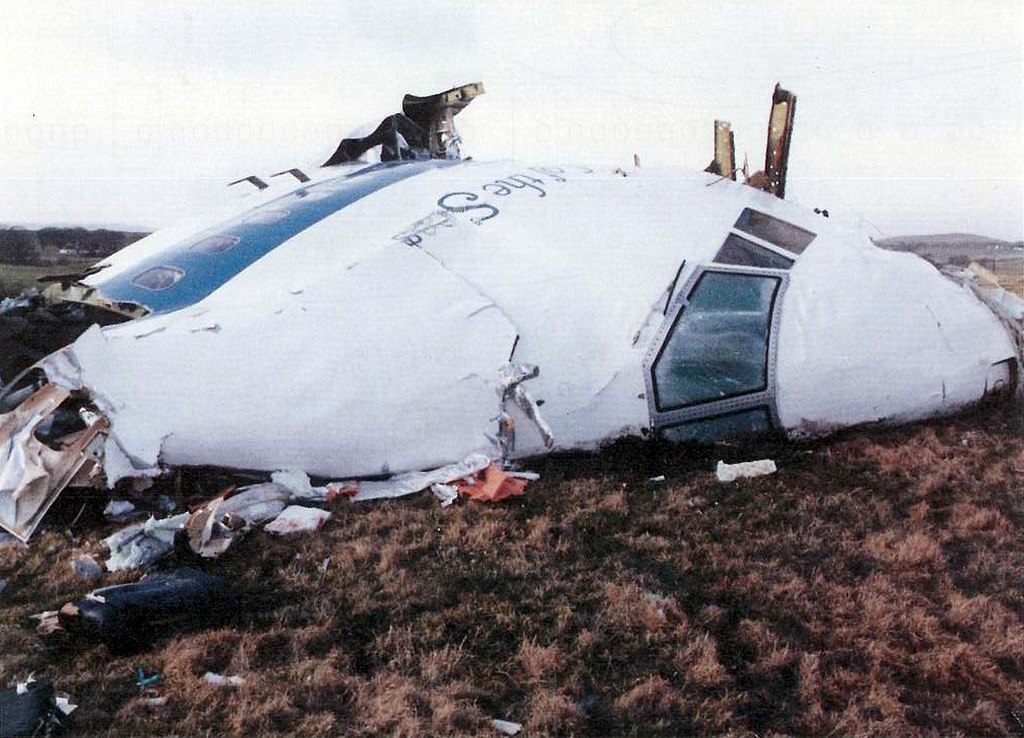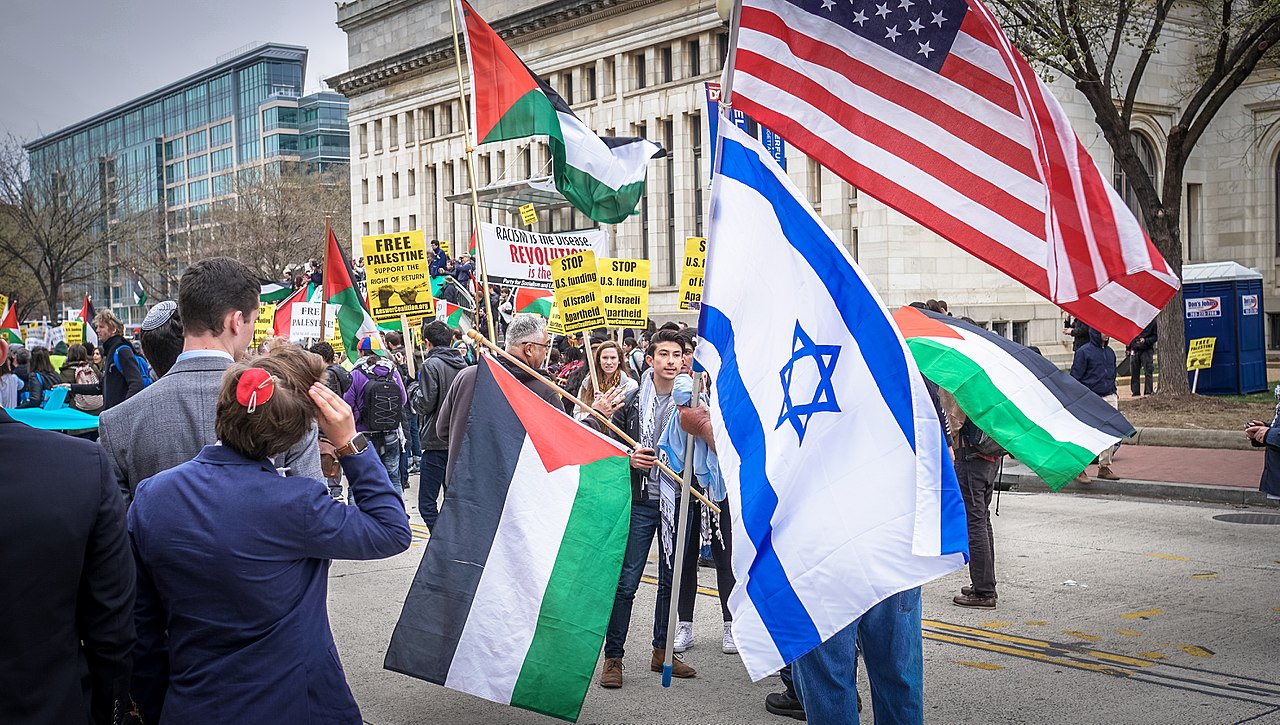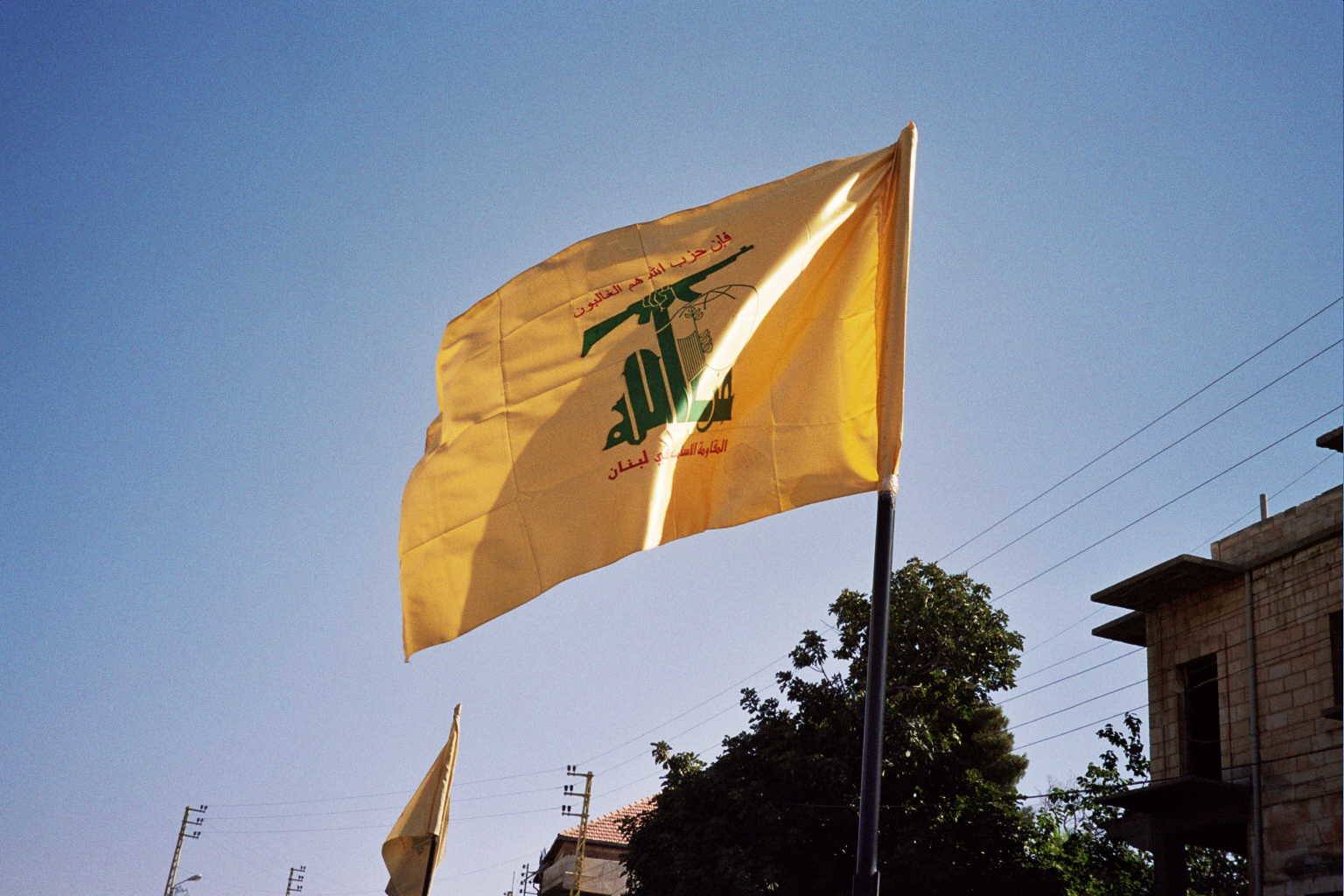Reflections on Three Decades of U.S. Efforts to Resolve the Lockerbie Bombing
The Justice Department’s announcement earlier this week that it had taken custody of the third person to be charged in the 1988 bombing of Pan Am flight 103 is the latest in 34 years of U.S. actions to prosecute the perpetrators, hold the Libyan government accountable, and secure compensation for the victims.

Published by The Lawfare Institute
in Cooperation With

On Dec. 11, the Department of Justice announced that it had taken custody of a Libyan man, Abu Agila Mohammad Mas’ud Kheir Al-Marimi, who the department alleges made the bomb that blew up Pan Am flight 103 over Lockerbie, Scotland, on Dec. 21, 1988, killing 270 people. Mas’ud made an initial appearance in federal court in Washington, D.C., on Dec. 12, after he was apparently turned over to the FBI in Libya. The Justice Department had announced federal criminal charges against Mas’ud in December 2020 and unsealed the indictment against him on Dec. 12.
The Pan Am 103 bombing was the largest act of terrorism against the United States until the Sept. 11 attacks. The victims included 259 people on the plane (including 190 Americans, 35 of whom were Syracuse University students returning from a semester abroad) and 11 Scottish nationals on the ground. The Justice Department’s indictment of Mas’ud is the most recent U.S. action in more than three decades of painstaking work by U.S. intelligence agencies and the departments of Justice and State (as well as other government agencies) to identify and prosecute the perpetrators of the Pan Am 103 bombing, hold the Libyan government accountable, and provide compensation for the families of the victims.
I have been involved in aspects of the Pan Am 103 tragedy for 34 years, beginning when I was special assistant to then-CIA Director William Webster when the bombing occurred four days before Christmas in 1988. I still recall the initial briefings by CIA analysts about the various terrorist groups who might have been responsible. Years later, when I served as the National Security Council and State Department Legal Adviser from 2001 to 2009, the Bush administration agreed to lift U.N. and U.S. sanctions on Libya; remove Libya from the list of state sponsors of terrorism; resume diplomatic relations with Libya; and open an embassy in Tripoli after Libya agreed to renounce terrorism, give up its nuclear weapons program, and provide compensation to the families of the Pan Am 103 victims and other victims of Libyan terrorism.
Mas’ud is the third Libyan to be charged by the U.S.—and the first to be brought to the U.S. for trial—in connection with the bombing of Pan Am 103. In November 1991, after a three-year investigation, the Department of Justice and Scottish officials jointly indicted two other Libyans, Abdelbasset al-Megrahi and Lamen Fhimah, for numerous crimes. Robert Mueller was assistant attorney general for the Criminal Division at the time, overseeing the Justice Department’s investigation of the case. He has long been deeply and personally invested in bringing the perpetrators of the Pan Am 103 attack to justice and deserves great credit for his work. In 1999, bowing to pressure from the U.S. and other governments, Libyan leader Muammar Qaddafi agreed to turn over the two Libyans for prosecution by a Scottish court sitting at a former U.S. Air Force base in the Netherlands. In 2001, Megrahi was convicted of 270 counts of murder; Fhimah was acquitted. In 2009, Megrahi was released from a Scottish prison on compassionate grounds, eliciting an unusual public note of outrage from Mueller, who had become FBI director by that point, to Scotland’s minister of justice. “Your action in releasing Megrahi is as inexplicable as it is detrimental to the cause of justice. Indeed your action makes a mockery of the rule of law. Your action gives comfort to terrorists around the world,” Mueller wrote. Megrahi died in Libya in 2012.
The Justice Department’s dogged efforts to track down and prosecute the perpetrators of the Pan Am 103 bombing have been complemented over the years by intensive diplomatic work by the State Department to hold the Libyan government accountable and assist the families of the victims to secure compensation.
In 2002, private lawyers for the families of the victims negotiated a $2.7 billion settlement with the Libyan government ($10 million per family), with 40 percent to be paid after lifting of U.N. multilateral sanctions imposed on Libya, 40 percent after the lifting of U.S. unilateral sanctions, and the final 20 percent after the U.S. removed the designation of Libya as a state sponsor of terrorism. As described in more detail in an article by former Deputy Legal Adviser Jonathan Schwartz, the initial settlement agreement was unusual in that it was negotiated without the involvement or knowledge of the U.S. government, although it required the government to take actions in order for the money to be released from an escrow account to the families. The U.S. agreed to the lifting of U.N. sanctions in September 2002 and lifted bilateral sanctions imposed under the International Emergency Economic Powers Act in April 2004. In September 2006, Secretary of State Condoleezza Rice removed Libya from the list of state sponsors of terrorism. This final action, however, came after the deadline Libya had set for the removal of all U.S. sanctions and, as a result, Libya refused to release the final $2 million per family.
State Department officials then began direct negotiations with Libyan officials for the release of the final tranche of compensation. In August 2008, State Department officials signed an agreement in Tripoli providing for the payment of the remaining $540 million to the Pan Am 103 victim families (and more than $1 billion in additional compensation for other victims of Libyan terrorism), which led to the opening of the U.S. Embassy in Tripoli, the confirmation of a U.S. ambassador (which had been held up by the Senate because of Libya’s nonpayment), and a historic meeting between Secretary Rice and Qaddafi in Tripoli in September 2008. I accompanied Rice to the meeting with Qaddafi, which Rice described in her memoirs as one of the strangest meetings she ever had as secretary.
The U.S. apprehension of Mas’ud demonstrates that the long arm of U.S. justice extends over many miles and many years, through multiple administrations. Indeed, the prosecution of Mas’ud may not be the final chapter in the three decades of U.S. efforts to provide accountability for the bombing of Pan Am 103, as it is likely to unearth more information about the attack and may well lead to the capture and prosecution of other Libyan intelligence officials responsible for the bombing. The wheels of U.S. justice may turn slowly, but they do turn relentlessly. As Mueller said to the families of the victims on the 20th anniversary of the attack: “We renew our efforts to bring justice down on those who seek to harm us. We renew our efforts to keep our people safe, and to rid the world of terrorism. We will continue to move forward. But we will never forget.”




